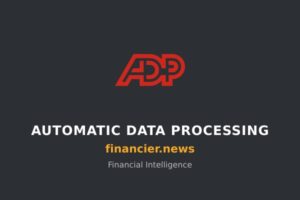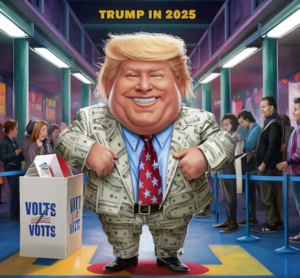$BTC $GBTC
#Bitcoin #InstitutionalInvestors #ETFs #FOMC #Finance #Cryptocurrency #FederalReserve #Investment #MarketAnalysis #EconomicPolicy #SpotMarket #CryptoTrends
In recent developments, institutional investors have begun to reduce their exposure to Bitcoin ETFs, signaling caution ahead of the Federal Reserve’s anticipated policy meeting. This trend underscores a growing uncertainty in the financial landscape, particularly concerning how forthcoming federal policies might impact the value and stability of cryptocurrency investments. While the move away from Bitcoin ETFs marks a significant shift in institutional behavior, it’s crucial to note that the spot market for Bitcoin remains robust, with continuous inflows suggesting a sustained retail and individual investor interest in the cryptocurrency.
The decision by institutional investors to trim their Bitcoin ETF holdings reflects broader concerns over the potential for sharp policy shifts by the Federal Reserve, which could have far-reaching implications for the cryptocurrency market. The Federal Reserve’s meetings and subsequent decisions are closely watched by investors for clues about future economic conditions, including interest rate adjustments that could influence investment strategies across various asset classes, including cryptocurrencies. The outflows from Bitcoin ETFs ahead of the Federal Open Market Committee (FOMC) meeting indicate that institutional players are seeking to mitigate risk in a volatile market environment.
However, the strength observed in the spot market for Bitcoin tells another part of the story, one that highlights the resilience and appeal of cryptocurrencies among a diverse investor base. Despite institutional caution, the steady inflows into the spot market suggest that Bitcoin continues to be viewed as a valuable asset by many, possibly due to its perceived potential for high returns and as a hedge against inflation. This dichotomy between institutional and retail investment behaviors illustrates the complex and multifaceted nature of cryptocurrency markets, where different types of investors may respond differently to economic indicators and policy developments.
Looking ahead, the actions of institutional investors in response to the FOMC meeting’s outcomes will be critical in gauging the short-term direction of Bitcoin and cryptocurrency markets at large. If the Federal Reserve signals a more hawkish policy stance, this could further influence institutional investors to reassess their positions in cryptocurrency-related investments, including ETFs. Conversely, a dovish stance could encourage a return to these investment vehicles, signaling renewed confidence in the market. Ultimately, the interplay between institutional strategies, federal policies, and retail investor sentiment will continue to shape the landscape of the cryptocurrency market in dynamic and unpredictable ways.











Comments are closed.